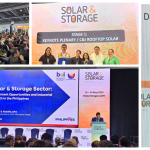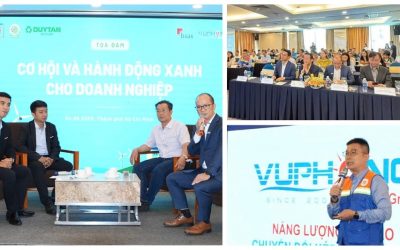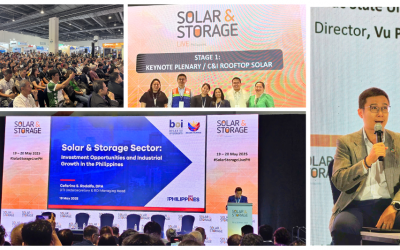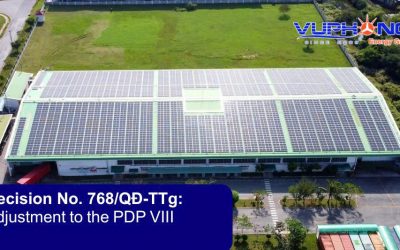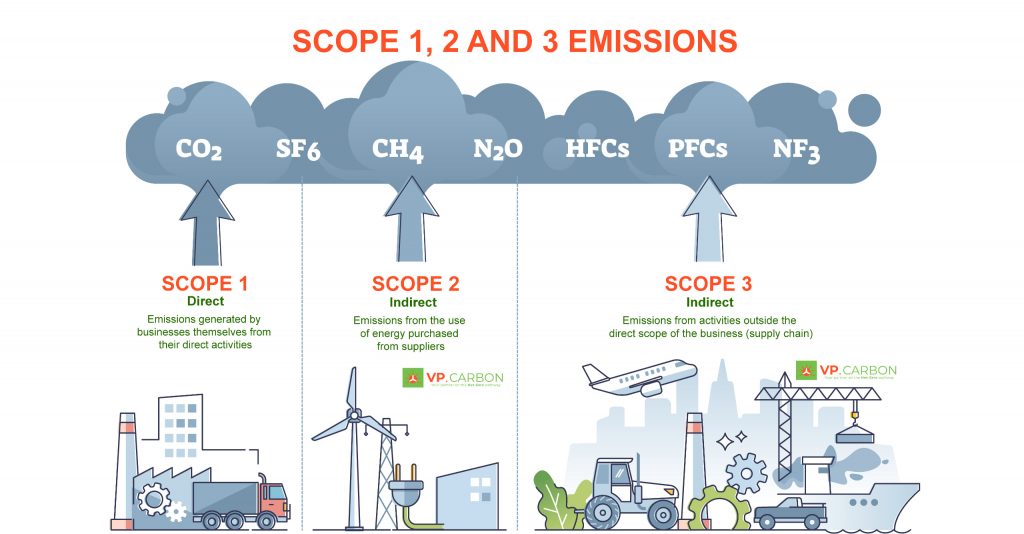
Many large corporations have come to Vietnam to purchase carbon credits through financial mechanisms, while reducing emissions for Vietnamese businesses is an essential requirement in the global game. Without preemptive preparation, Vietnamese enterprises risk being slow and paying a high price, even facing survival risks against the “green barriers”.
Many “key players” support the carbon credit market and green transitioning
The world is experiencing unprecedented climate change as temperatures rise to a record 1.35°C above average (2024 Global Climate Report).
International organisations and businesses are increasingly promoting and implementing green conversion solutions and carbon credits.
For example, Microsoft has made efforts to reduce emissions on a global scale and actively participate in the carbon credit market. They strongly support the carbon credit market in Brazil.
Tetra Pak has also set a goal to create a fully circular value chain, from collecting, sorting, to recycling paper from used beverage packaging.
According to the Vietnam Textile and Apparel Association, this industry emits 5 million tons of CO2 annually, while the steel industry in Vietnam emits much higher than the global average.
Globally, the steel manufacturing industry currently accounts for 7 – 9% of global emissions, while this ratio in Vietnam is 17%. In Ho Chi Minh City, many leading companies in key industrial sectors are monitored, auditing emissions from each machine.
Moreover, importers require Vietnamese manufacturers to commit to reducing emissions annually, with a clear roadmap, and if they fail to comply, they must exit the supply chain, withdraw from the global game.
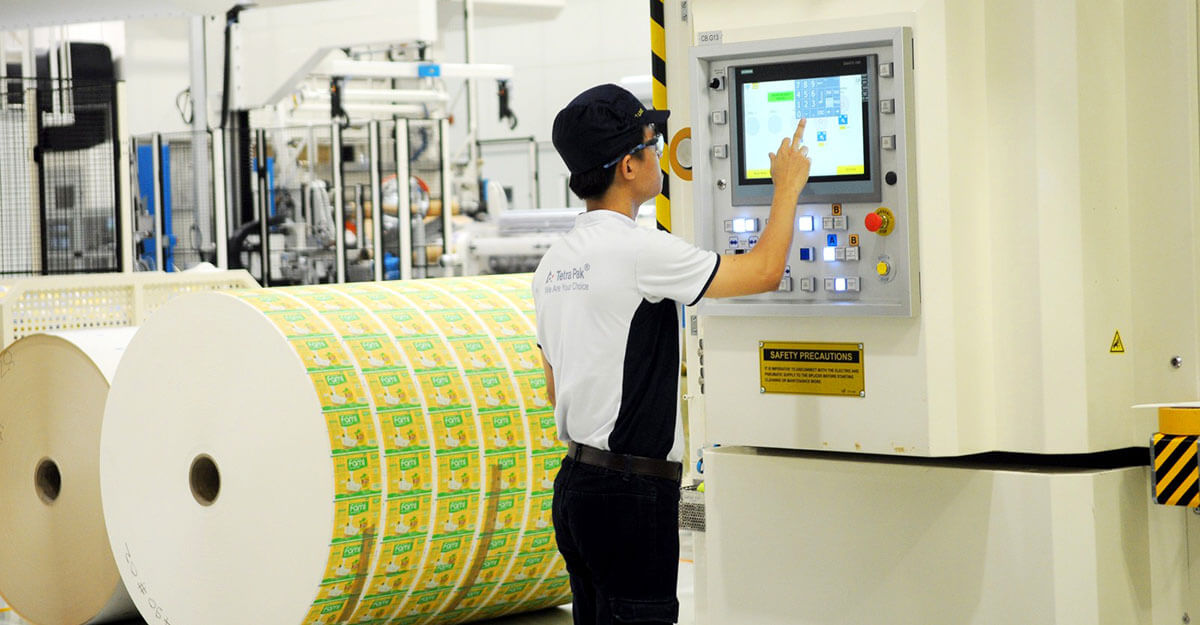 Solar system of 1.23MWp at Tetra Pak Vietnam factory developed by Vu Phong Energy Group
Solar system of 1.23MWp at Tetra Pak Vietnam factory developed by Vu Phong Energy Group
Slow action comes at a high price
With this trend, businesses in general, and manufacturing companies in Vietnam in particular, must proactively reduce emissions.
Companies must implement green shift solutions for each sector and engage in the relevant carbon credit market. This is not an issue of survival for industrial companies; it also strives to protect the health of surrounding residents.
If businesses do not proactively implement green conversion solutions and carbon credits quickly, they will not only face costs from existing and upcoming policies but also pay a higher price for the environment and the local community’s health.
Support Vietnamese businesses in the face of market difficulties
Being proactive alone is not enough; there needs to be support from the Government and financial institutions.
As shared by representatives from the Ministry of Natural Resources and Environment in a workshop organized by Tuoi Tre News on April 20, there needs to be a legal framework for buying and selling carbon credits early on to ensure Vietnamese businesses are not disadvantaged in the market.
Additionally, the Government should provide practical support policies for green conversion businesses, including training, introducing effective models and solutions, establishing funds to support energy conversion businesses, reducing taxes and fees for pioneering companies.
Moreover, the Government must promote projects that can generate carbon credits, providing resources for businesses when they enter the mandatory playing field. Furthermore, green conversion requires significant capital, so green credit is essential.
For green projects that generate carbon credits, banks and financial institutions need to play a role in providing funding with more open conditions to enable businesses to convert to green practices faster, for the mutual benefit of the entire community.
Feasible green shift solutions
As mentioned earlier, efforts to reduce greenhouse gas emissions, green shift, and participation in the carbon credit market by businesses need to be more proactive, and each business should carefully consider its plan, tailored to its specific needs, with several aspects to consider.
First, commitment. Businesses must commit to reducing emissions to Net-Zero within a specific timeframe. This can be accomplished by establishing appropriate targets, developing detailed plans, focusing on advanced technological improvements in operations to reduce emissions within Scope 1; transitioning to renewable energy sources such as solar power and using energy more efficiently to reduce emissions within Scope 2; and participating in the carbon credit market to ensure emissions reduction within Scope 3.
Secondly, a monitoring platform, with established methodologies for measuring emission reductions, will help businesses streamline their implementation process and promptly make necessary changes and adjustments.
Lastly, cooperation with international resources. Vietnamese businesses need to proactively stay updated on the latest regulations, international standards, and carbon market mechanisms to effectively participate in the carbon credit market and implement greenhouse gas emissions reduction solutions. Greenhouse gas emission inventories should be conducted rigorously to establish accurate baseline emissions. Moreover, collaborating with international organizations such as Gold Standard or Verra not only provides businesses with essential information and knowledge but also offers opportunities for businesses to develop cooperative relationships and enhance capabilities in this field.
Translated from article source: Tuoi Tre News (Vietnamese)
| VP Carbon is a member of the Vu Phong Energy Group, a leading renewable energy company in Vietnam. We specialize in providing solutions to help businesses effectively reduce greenhouse gas emissions, aiming for carbon neutrality through services related to emission reduction, renewable energy certificates,… For more information, please contact us via hotline: 18007171 – (+84) 9 1800 7171 or email: hello@vpcarbon.com. |
Vu Phong Energy Group

